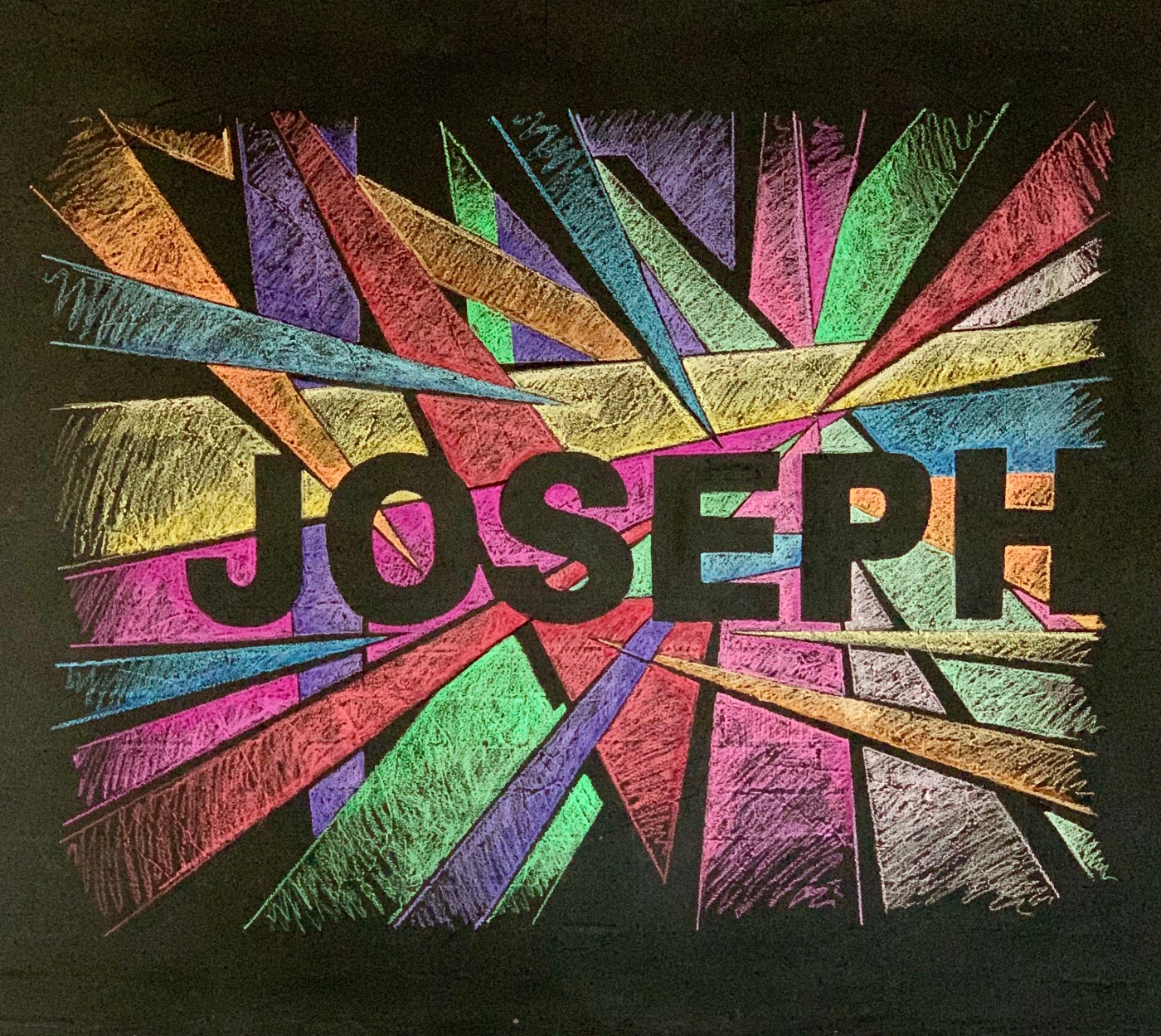Have you ever even noticed before that this is how Matthew starts his gospel/how the NT starts?
Not exactly the “hook” that writing coaches advise people to start with…
More like a snore for most of us,
Although it makes great fodder for a test passage to give student pastors to read aloud
And one these “begat” passages shows up in an account of a Bible memorization contest
Where this is the one the little boy learns, and he learns it well enough to win the prize.
Yet today there is a renewed interest among some folks in our ancestry, our genealogy
From ancestry.com to places to go to do research to DNA tests to tell you your ethnic origins
There is a movement afoot to figure out who we are by looking at who we are from
If you look at a Bible that has footnotes,
you can find more information on most of these characters—
And some of them are really characters
There are a host of powerful people who abuse their power
those who lie casually and indiscriminately
bullies and thieves
idolaters and adulterers
powerful people who abuse their power
And there are those whom God has given wisdom and riches (Solomon)
Who do what is right (Hezekiah)
turn to the Lord with their whole heart (Josiah)
praise God with beautiful words in the psalms (Asaph)
So that saints and sinners are both represented
And, in fact, a single person (think David!) can and does represent both categories
As it is human to do
The Bible study group just did a series of lessons on the women in this list—quite an interesting list
A list that seems to go with the idea that Matthew the Tax Collector authored this gospel
In that the women are all suspect, unpopular, likely condemned in their contexts
Matthew, who would know something of scandal and rejection and exclusion
repentance and conversion and transformation
The first woman on the list is Tamar, perhaps the only Israelite on the list
The death of her first two husbands, who were brothers
Made her a pariah to her husband’s family
So that they did not follow through on having her marry the next brother
Instead, she took to subterfuge to make her husband’s family live up to their obligations
masquerading as a prostitute so that her father-in-law, Judah, begat a child with her
with the eventual result that he declared her to be more righteous than he was
and inserting her—and her child—into the Davidic lineage
Then we have Rahab
a foreign prostitute, who helped Joshua’s spies in Jericho
revering and honoring Israel’s God
and saving her own family
and then becoming the mother of Boaz, who married Ruth
Ruth, herself is another foreigner
whose faithfulness to her mother-in-law & her mother-in-law’s God
brought her to into the land of Israel marry Naomi’s kinsman Boaz
and enter into the Israelite fold and the lineage of David
And then “the wife of Uriah,” likely also a foreigner
A way of talking about Bathsheba that highlights David’s adultery
An adultery that resulted in a pregnancy that in turn resulted in David’s murder of Uriah
Since when he brought Uriah back from the war front so the baby might be considered his
Uriah’s loyalty to his men meant that he didn’t go home to sleep with his wife
With that baby dying and the next baby, Solomon, becoming King after David
Not exactly cozy and comforting happily-ever-after narratives
Yet words of hope for us—
Telling us that no matter how messed-up our families are
And no matter how messed-up we are
We are included in the family of God
And, between the lines, we also have evidence of the openness of the family of God
Especially since all this genealogy traces down to Joseph who is not Jesus’ biological father
And while some resolve this by assuming that Mary was related to Joseph in some way
The only resolution Matthew gives to this is in the final verse of what we read on Dec 20th
Joseph names the baby Jesus, just as the angel told him to do
Reflecting his belief in the angel’s message
And also his acceptance of Jesus as his adoptive son
While we were made in the image of God by God, our adoption goes in the other direction
Children of flesh and blood, and of this world and its powers, we are adopted by God
And this adoption comes hand-in-hand with participation in the Spirit of God
In Romans 8(:14-17), the Bible says those who are led by the Spirit of God are children of God
And in Galatians 4:6, the Bible says because we are children of God, God sent the Spirit
In John 20:17, Jesus refers to God as his father and our father
Eph. 1:5 notes we are predestined for adoption as children of God by Jesus Christ himself
And 1 John 3:2 (my husband’s favorite verse) says
See what great love the Father has lavished on us, that we should be called children of God! … And that is what we are!
That is what we are.
That is who we are.
That is whose we are.
Whatever our backgrounds,
our foibles and faults and failings
our fractured families
our hurting–and hurtful—selves
God brings us into the family.
God brings us into Jesus’ lineage.
God makes us part of the Kingdom.
How do we know who is family?
One of the ways we know who is family is when we gather…
Something some of us (still) didn’t get to do this year
But we know who belongs, who should be there, when we gather
As the church, as the family of God, we gather
We gather in prayer in church and from our homes
in worship here and online and in other places/spaces for worship
in fellowship in the social hall and across phone lines and texts and emails
at meals we’ve made, meals made by others, meals given to others
at this holy meal, offered to us to join us to Christ and to each other
making us know that we belong
to God and to one another
God’s family
Let us pray…








